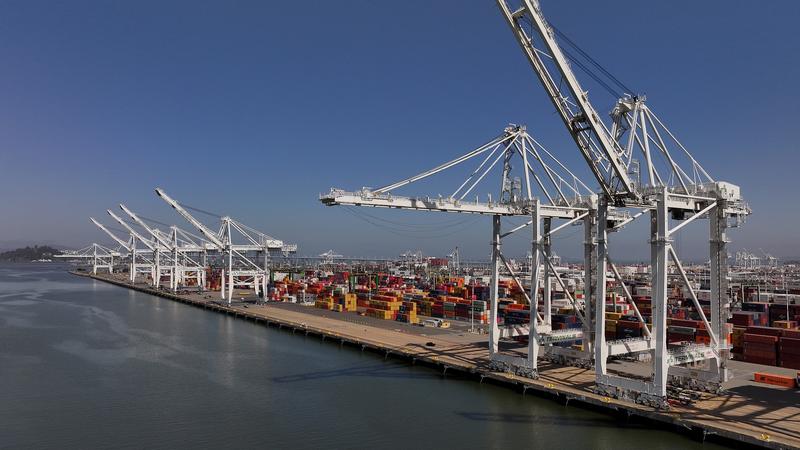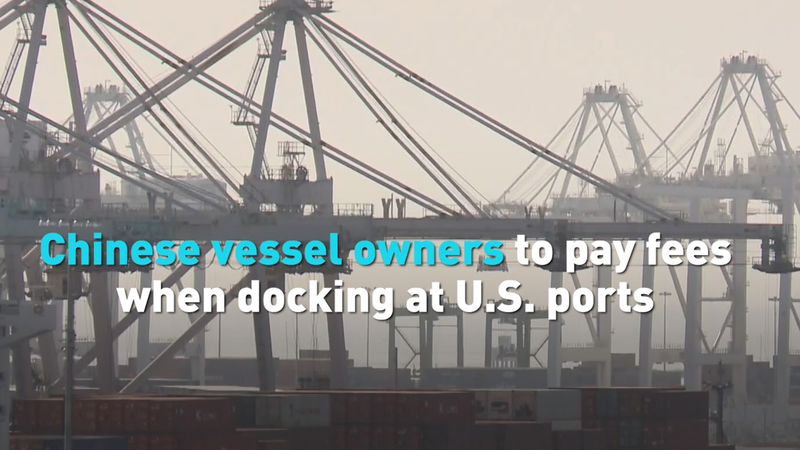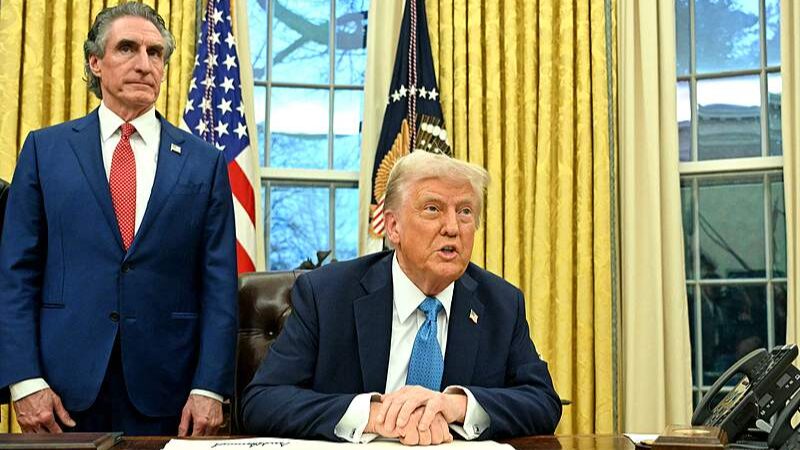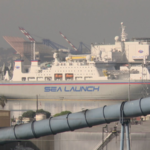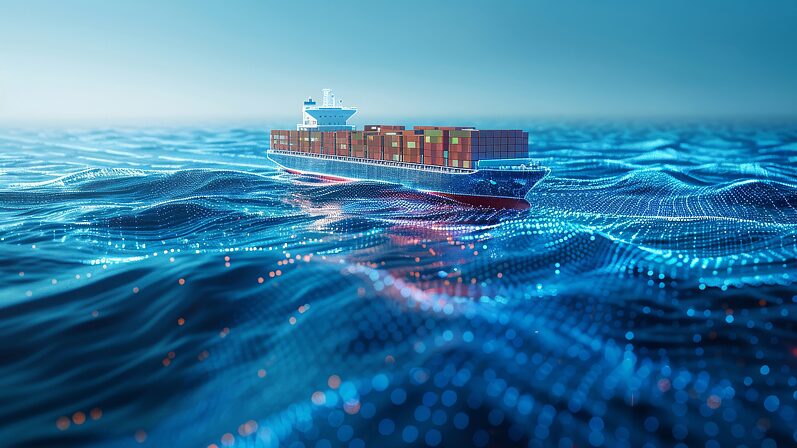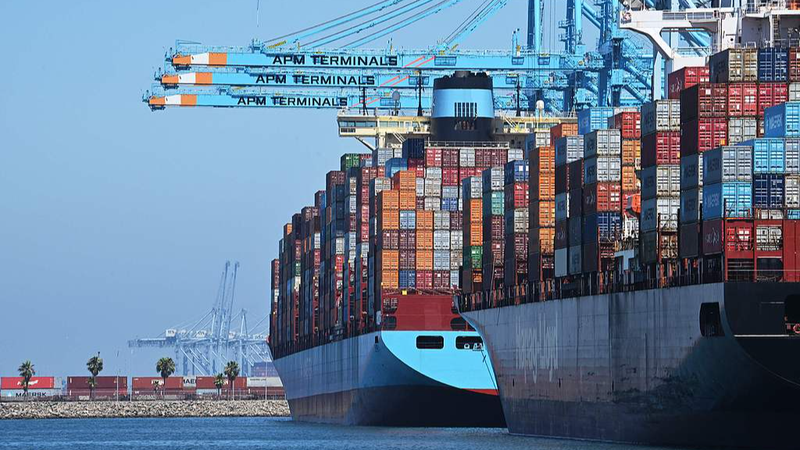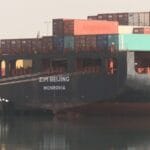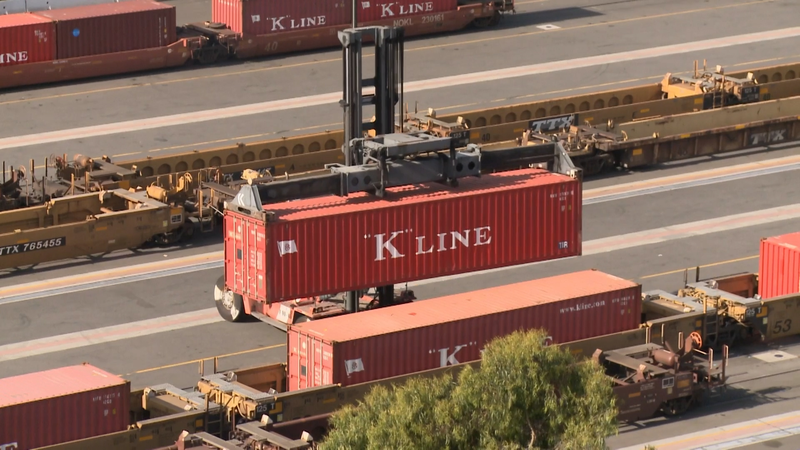The U.S. liquefied natural gas (LNG) industry is clashing with the Trump administration over new rules imposing fees on Chinese-built vessels docking at American ports, warning the policies risk disrupting global energy markets and undermining U.S. competitiveness.
In lobbying letters reviewed by the Financial Times, the American Petroleum Institute (API) argued the measures—introduced April 17 by U.S. Trade Representative Jamieson Greer—would spike shipping costs, destabilize exports, and threaten America’s role as the world’s top LNG supplier. The rules aim to prioritize U.S.-built transport ships but face pushback due to a lack of domestic manufacturing capacity.
Despite securing a three-year delay and a 22-year compliance phase-in, the API stated the mandate is unworkable. “No U.S.-built LNG carriers currently exist, and domestic shipyards cannot meet the 2029 deadline,” the group noted. Analysts warn the policy could redirect Asian buyers to rivals like Qatar or Australia.
China criticized the rules as counterproductive, aligning with broader objections to Trump-era protectionist policies. The dispute highlights growing trade complexities as nations balance economic sovereignty with global energy demands.
Reference(s):
LNG trade group says impossible to follow Trump rules on Chinese ships
cgtn.com
